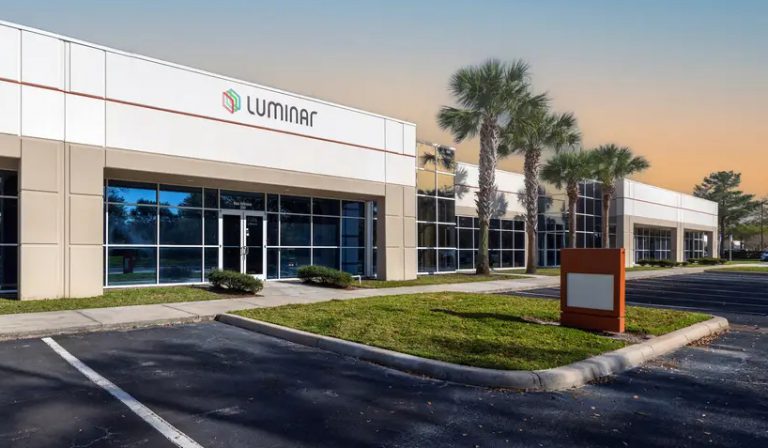Luminar Technologies: 20% layoffs, Navigating the Future with Strategic Restructuring
Luminar Technologies, a leading American manufacturer of lidar technology, has unveiled a strategic restructuring initiative in response to fierce market competition and evolving technological requirements. As part of this initiative, the company has opted to downsize its production team by approximately 20%. This reduction, which is expected to be finalized by the year's end, will impact nearly 800 full-time employees across the company's global operations. It is anticipated that these measures will result in an annual operational cost savings of between $50 million and $65 million. Additionally, Luminar intends to minimize its global footprint by subleasing portions of its facilities.

Austin Russell, CEO of Luminar, has justified this decision by highlighting the company's new advancements in technology, product development, industrialization, and commercialization, despite challenges in the capital markets. In light of these challenges, the company has opted for a more asset-light business model, which involves outsourcing its manufacturing processes. The Florida-based facility will now be primarily dedicated to research and development, as well as testing.
Despite the pressures of restructuring, Luminar successfully launched its latest lidar sensor, Halo, in April. Developed in collaboration with Applied Intuition, this sensor is designed to provide automotive manufacturers with a robust tool for testing their driver assistance systems. Lidar sensors are crucial for autonomous vehicle technology, offering precise three-dimensional mapping of the road, which is a key component for achieving full self-driving capabilities.
The market has viewed Luminar's restructuring and workforce reduction as a necessary adaptation to the current market conditions, aimed at maintaining business agility and competitiveness. The company is also actively advancing the industrialization of its products. For instance, its new automated mass production facility in Mexico is now scheduled to come online in the second quarter of 2023, which is ahead of the initial timeline. Furthermore, Luminar is planning to establish an additional manufacturing plant in Asia to support the mass production of vehicles for the 2025 and subsequent years.
In the surge of autonomous driving technology, Luminar's Halo sensor has garnered attention for its extended detection range and high resolution. The company's partnership with Volvo Cars marks a new milestone in the field of autonomous driving, signaling an era of more precise and secure intelligent driving in the automotive industry. With the integration of the Halo lidar sensor, Volvo's self-driving systems will be able to more accurately detect pedestrians, vehicles, and other obstacles, offering a smoother and smarter driving experience.
In summary, through downsizing and restructuring, Luminar Technologies is focusing on optimizing its business model to adapt to the ever-changing market and technological demands, while continuing to drive innovation and product development in the realm of autonomous driving.









